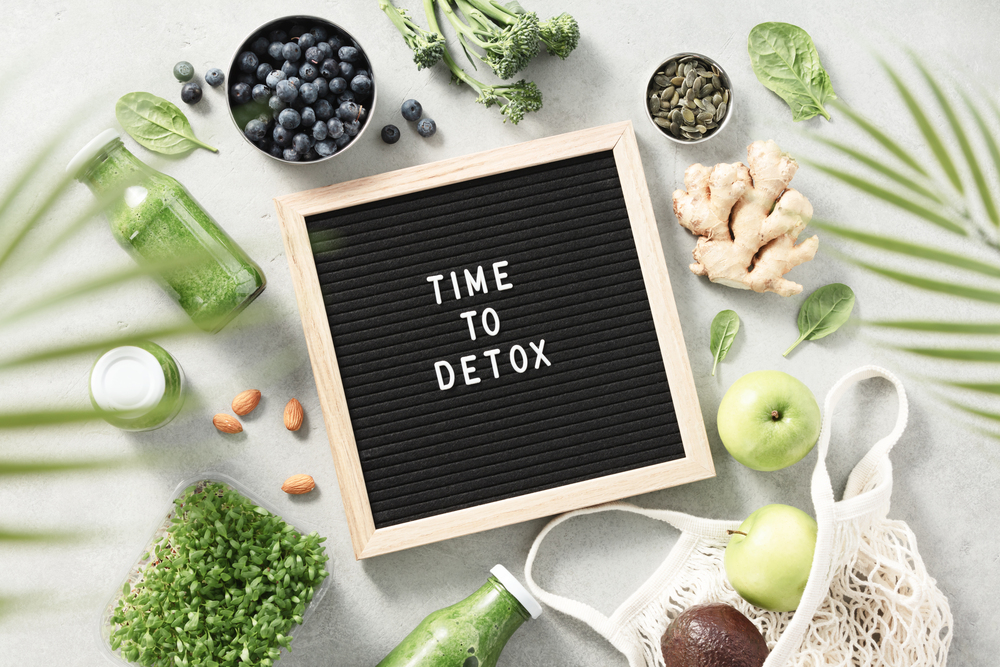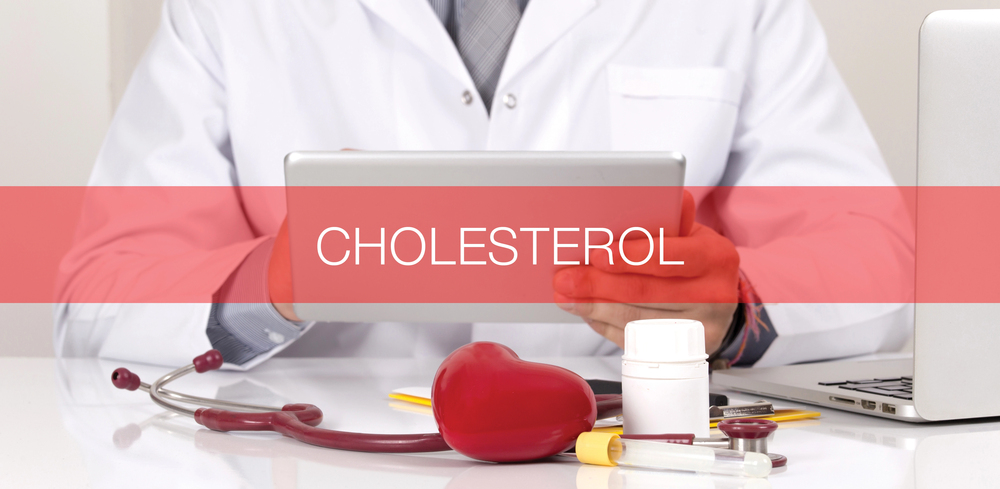Preconception nutrition is best addressed 6 months before you get pregnant, if possible. Making sure you are at your best possible health will go a long way toward ensuring the best outcome for pregnancy and your child. The first three months after conception are crucial to brain and organ development in the fetus. Yet often women do not know they are pregnant until 1-2 months into this period. There are steps both men and women can take to improve nutritional status, and hence fertility and fetal development. Here are the best ways to ensure proper nutritional status preconception1:
For Men:
The environment your sperm develops in and the hormones involved in reproduction are both dependent on your nutrition and health status. Sperm takes 70-80 days to mature in the body, so your habits for 3-6 months before conception will affect sperm quality. Here’s what you can do to improve your odds of healthy sperm1:
Boost antioxidant power—Ensuring adequate antioxidant status may be the most important thing for ensuring sperm quality. Antioxidant vitamins C, E, selenium, and beta carotene have all been shown to improve sperm quality, quantity, and motility. They protect the outer membrane of sperm, thus protecting the DNA in sperm from damage that can be passed on to the fetus. Eat lots of lemons, limes and tomatoes for Vitamin C, nuts and seeds for Vitamin E, brazil nuts for selenium, and lots of orange and yellow fruits and vegetables for beta carotene. If you have had trouble conceiving, you may want to add an antioxidant supplement supplying these important nutrients.
Eat foods high in Zinc—Zinc is both an antioxidant and necessary for testosterone synthesis and sperm maturation. Zinc is high in grass-fed animal products, wild caught seafood, wheat germ, and nuts and seeds. Vegetarians may want to consider supplementing with zinc. Other signs of the need for supplemental zinc are a lack of sense of smell, white spots on the fingernails, and frequent immune illness.
Ensure adequate folate—While the use of folate is better known for its importance in female reproduction, adequate folate levels improve sperm count, motility, and quality and reduce chromosomally abnormal sperm. As with women, men’s fertility can be improved by taking 400 mcg of folate per day. Those with an MTHFR mutation may need the 5-methyl THF form and may need to take more.
Reduce alcohol and avoid smoking and recreational drugs—Alcohol disrupts hormone levels, smoking directly damages sperm, and recreational drugs are known to decrease the volume and quality of sperm.
Avoid environmental exposures to lead and other toxins—Job exposure to lead and other substances can build up in the body and impair fertility.
Attain healthy body weight—Both over-nutrition and under-nutrition can affect sperm viability. Gaining or losing 10-15% can have significant impact, so movement toward a healthier weight is necessary in either case.
A quality multivitamin can go a long way toward ensuring adequate nutrition for men, especially in cases where the diet isn’t optimal, where there is a lot of work stress, or where travelling causes a lot of eating on the run.
For Women:
Start a quality prenatal vitamin up to 6 months before conception. The first trimester of pregnancy is crucial to brain and organ development. Since many women don’t know they’re pregnant until a month or more into pregnancy, working on preconception nutrition is the best approach! Get a quality multi that has at least 400 mcg of folate and other important vitamins noted below1.
Discontinue birth control pills—It generally takes 3-6 months for fertility to return after using an oral contraceptive so go off of your birth control ahead of when you wish to conceive. Studies have shown that birth control pills deplete several vitamins—B2,B6, B12, folic acid, Vitamin C, magnesium.2 Each of these vitamins is involved in DNA replication either via energy production, antioxidant protection, or by providing the necessary building blocks for DNA. Folic acid is well known for preventing neural tube defects and requirements for it double during pregnancy. We highly recommend starting a prenatal vitamin before pregnancy to correct any deficiencies. Those with an MTHFR gene mutation will want to take a multi that has the 5-methyl THF form of folate, and may need to take additional folate.
Check iron status—Requirements for iron increase substantially in pregnancy to expand the blood supply and support neural development of the fetus. It is difficult to raise iron status after conception, making it important to ensure adequate status in advance. Have your iron checked if you are vegetarian, have had anemia or low iron in the past, experience fatigue on any kind of regular basis, are very pale, or have dark circles underneath the eyes.
Attain healthy body weight—Both underweight and overweight can cause issues with fertility. Inadequate or excess fat stores affect hormone balance and hence fertility. A BMI > 20 for women is generally considered to be the level needed to conceive and to have adequate stores for pregnancy. If you suffer from anorexia or bulimia, it is important to receive treatment prior to conception. Even treatment with Clomid for fertility has been found to be ineffective until weight has returned to normal. BMIs >30 are also known to impair fertility. Weight loss is not recommended during pregnancy, so the best time to address this is before becoming pregnant. Weight loss of even 5% of body weight can have a very positive impact.
Avoid excess pre-formed Vitamin A—Too much Vitamin A in the retinol or retinoic acid (i.e. beta carotene is okay) form can cause birth defects, so avoid more than 10,000 IUs per day. This includes drugs like Accutane that are used to treat acne.
Avoid alcohol, smoking and recreational drugs—Toxic substances pass easily from mother to baby, and affect the hormones necessary to achieve and maintain pregnancy.
Avoid nail polish, perfume and other toxins–Toxins lurk in some of our favorite things. Toluene in nail polish and phthalates in perfume are two things to avoid in pregnancy, particularly early pregnancy. BPA found in plastic water bottles, the lining of cans, and some plastic packaging should also be minimized. Each of these chemicals can disrupt hormone balance, thus affecting normal development of your baby.
Balance blood sugar—Dysregulated blood sugar can have a negative impact on the fetus, so those with diabetes should make sure that their blood sugar is well under control preconception.
Consume choline and omega-3s—These two nutrients will be pivotal to the brain development of your fetus, so it would be wise to supplement with them prior to pregnancy. Choline may be part of a well-designed prenatal multivitamin, but omega-3s are best taken separately. If you do not eat at least two servings of fatty fish, or 3 servings of grass-fed beef or lamb each week, you should probably supplement with a quality fish oil that has about 400 mg DHA.
Address digestive issues—If you have any issues with digestion, preconception is the best time to address them. Remember you will be absorbing nutrients for both you and your baby, so you want to make sure your GI tract is up to the task. This may be as simple as using probiotics, or as complex as doing gut repair if you have had celiac disease or another condition that affects your absorption of nutrients.
Use herbs wisely—Certain herbs are unsafe for pregnancy, or do not have adequate information to suggest their safety. The best safety information exists for herbs like garlic, echinacea, ginger, chamomile, cranberry, and raspberry leaf. There are many others that have shown no adverse effects with limited used. However, it is best be cautious and consult a knowledgeable source prior to using herbs preconception.
With the rise in conditions such as ADHD, autism, and other childhood illnesses, we want to give our babies the best chance of optimal development. Preconception is absolute best time to do this. Come in and talk to me or our staff about ways to enhance nutrition during this important time. Also, this is the first in a series of blogs we will be doing this month about child development, so please tune in the rest of this month for more information on nutrition for pregnancy, lactation, and infancy.
- Brown JE. Nutrition Through the Life Cycle. 5th ed. Stamford, CT: Cengage Learning; 2014.
- Palmery M, Saraceno A, Vaiarelli A, Carlomagno G. Oral contraceptives and changes in nutritional requirements. Eur Rev Med Pharmacol Sci. 2103; 17(13):1804-1813.




